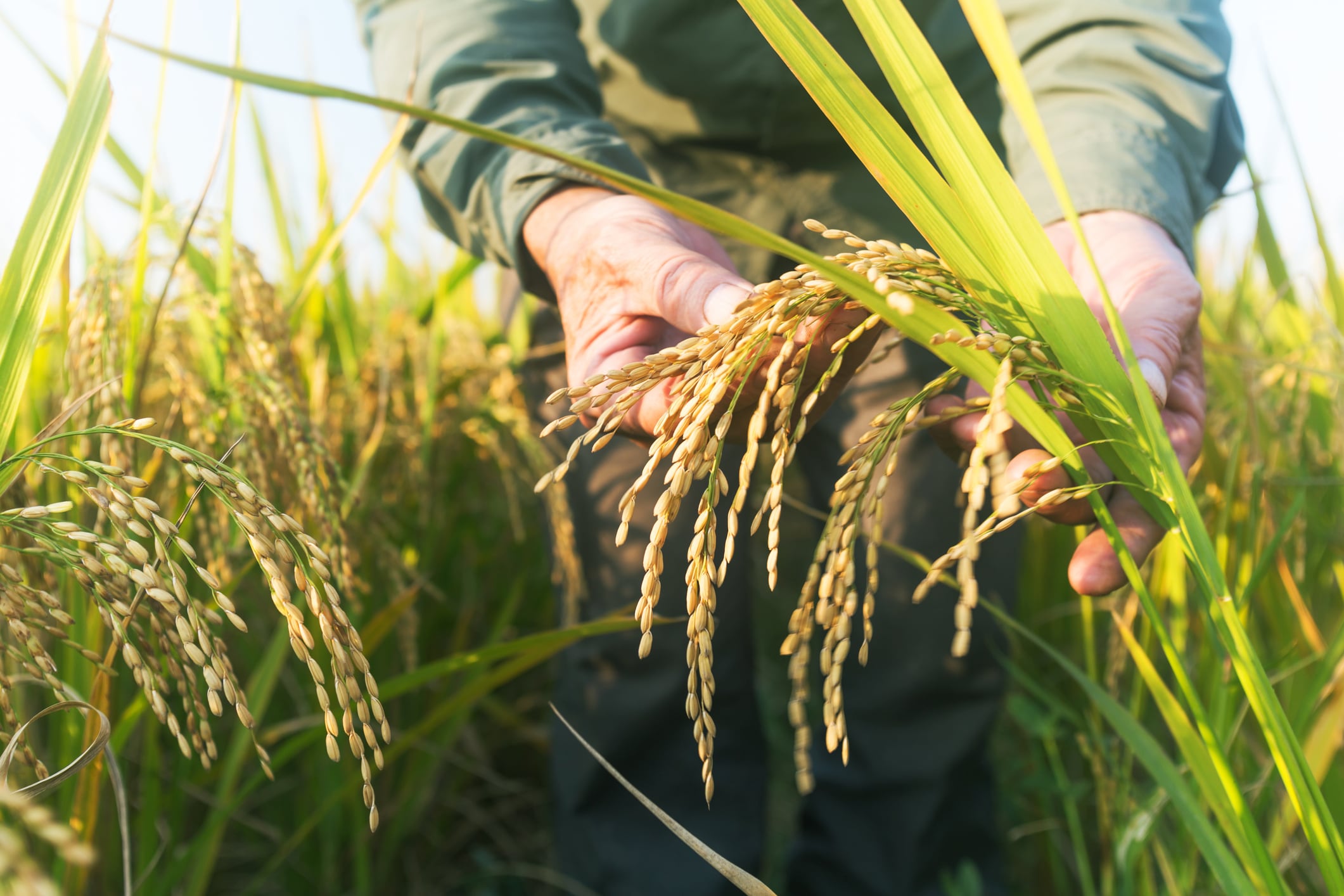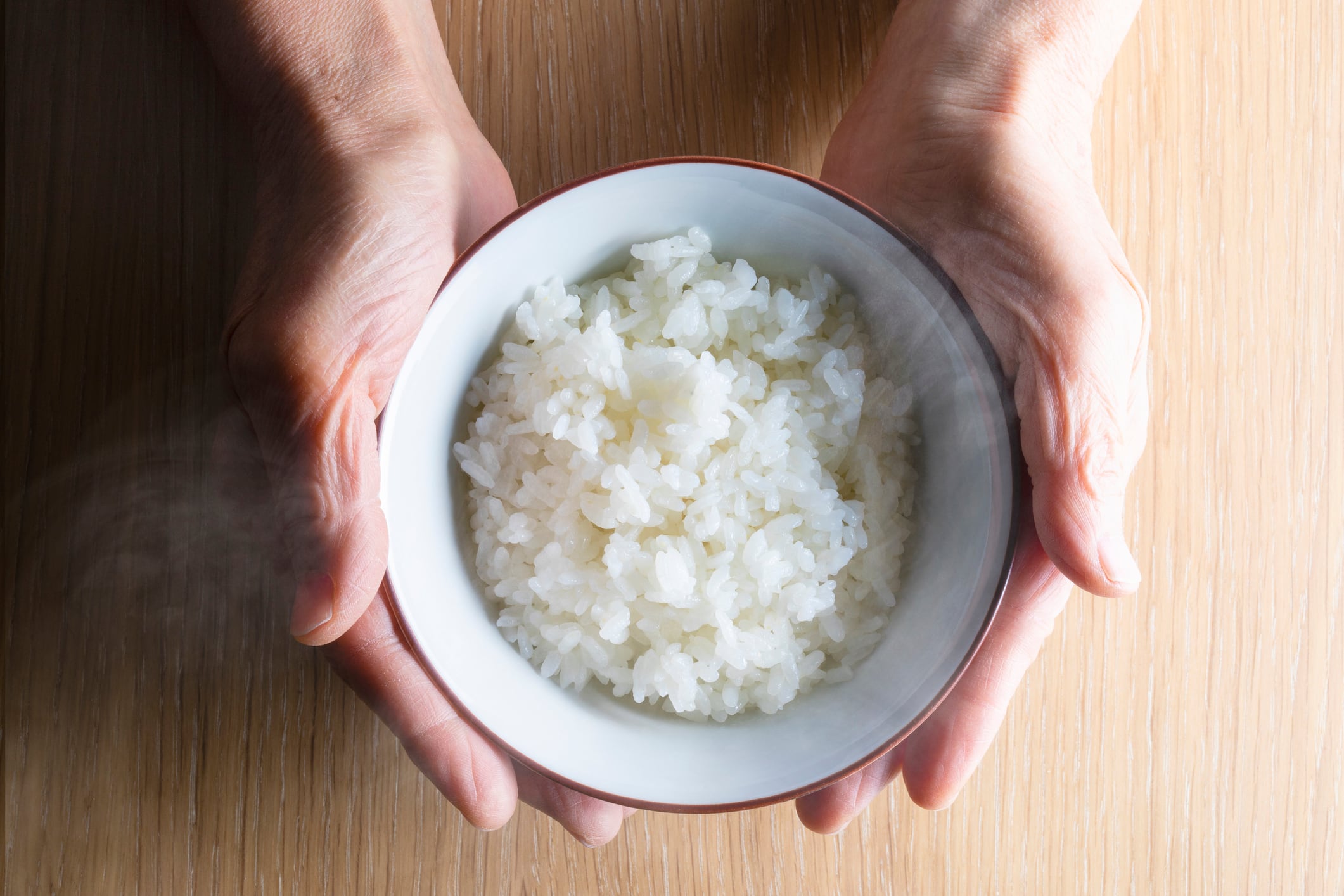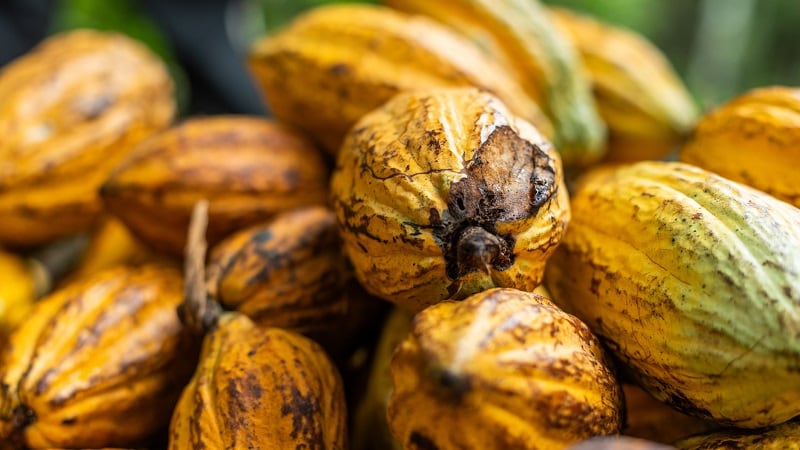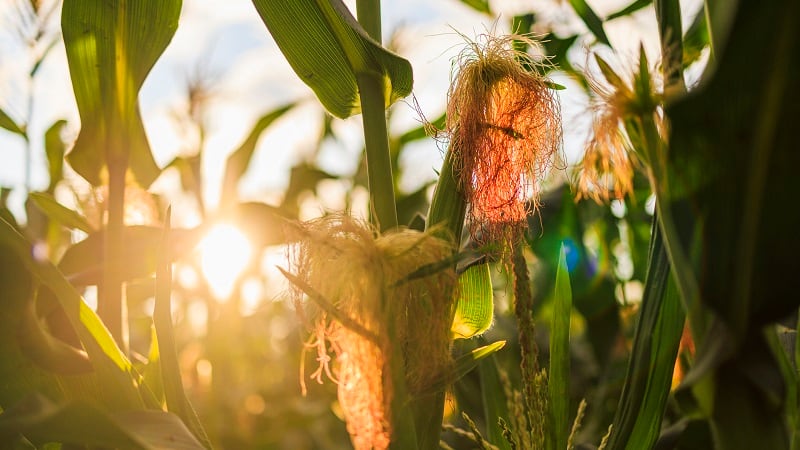The groundbreaking study applied artificial intelligence (AI) to study 150 consecutive rice crops grown at the International Rice Research Institute’s (IRRI) Long-Term Continuous Cropping Experiment (LTCCE) in the Philippines, which started in 1968 and ended in 2017.
This research was supported by the Government of Japan and the Ministry of Agriculture, Forestry and Fisheries (MAFF).
The research team consisted of scientists from Gifu University, Kyoto University, Japan’s National Agriculture and Food Research Organisation (NARO), the International Fertilizer Association, and IRRI.
According to IRRI, the LTCCE cultivated rice three times a year during the dry, early wet, and late wet seasons with different nitrogen fertiliser rates and the regularly introduction of new varieties.
The scientists combined climate records, agronomic practices, and varietal turnover with advanced machine learning technique.
Forty-nine years of data revealed new insights into long-term crop performance.
“This is the first time machine learning has disentangled such complex, long-term interactions between climate, management, and genetics in rice systems,” said Dr. Kazuki Saito of IRRI.
Key findings showed that better nitrogen fertiliser use, rapid varietal replacement, and solar radiation consistently lifted yields, though results varied by season.
Dry season crops thrived in cooler reproductive-stage temperatures, while early wet season crops benefited from warmer conditions that boosted soil nitrogen mineralisation.
Late wet season crops struggled the most, with prolonged use of the same variety reducing nitrogen responsiveness and heightening disease risks.
Unlike earlier studies that linked yield declines in the 1970s–80s mainly to reduced nitrogen supply, this analysis points to rising nighttime temperatures as a critical factor.
“Our results show that sustaining productivity in Asia’s rice bowls requires not just better management, but also season-tailored breeding and more frequent varietal turnover,” said Saito.
The findings were published in Field Crops Research.
Essential pathways for stability
With the data, the researchers were able to pinpoint three key strategies to sustain long-term stability of rice production.
This included the development of climate-resilient rice varieties, improved adaptation to seasonal shifts, and more dynamic varietal rotation.
“By combining five decades of detailed crop and climate data with modern AI tools, we can now see much more clearly what sustains rice production. This means we can design smarter, season-specific strategies for farmers,” said Dr. Tomoaki Yamaguchi, lead author and Assistant Professor, Gifu University.
IRRI highlighted how projects like LTCCE were an “indispensable resource for unraveling how rice systems endure and adapt through changing conditions”.
“These insights matter far beyond one experiment site. They provide a blueprint for climate-resilient rice farming across Asia’s 22 million hectares of irrigated monocultures, which feed billions,” echoed senior co-author, Professor Keisuke Katsura, Kyoto University.
Source: Field Crops Research. Machine learning reveals drivers of yield sustainability in five decades of continuous rice cropping. Authors: Tomoaki Yamaguchi et al. https://doi.org/10.1016/j.fcr.2025.110114





